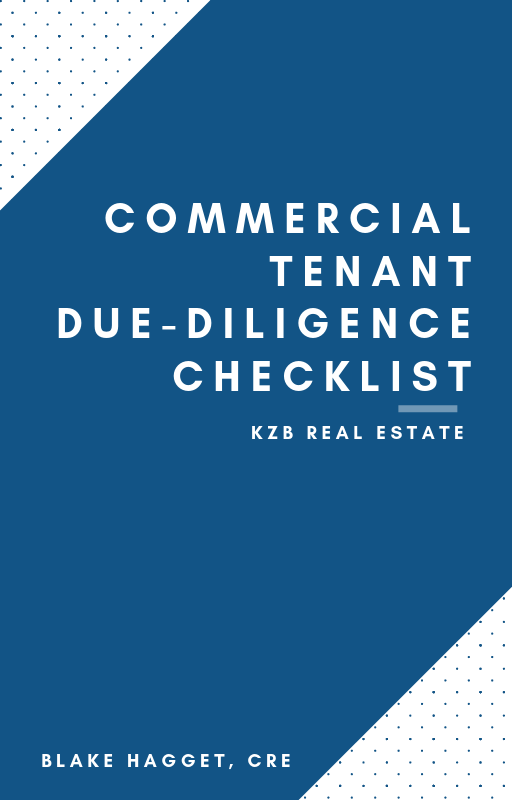Commercial Property Hard Money Lending

Commercial properties are an excellent investment because they generate higher returns than residential properties and have longer leases.
However, searching for ways to finance the asset can seem too confusing and complex for borrowers and most shy away from some great opportunities because the loan requirements, particularly in traditional financing, are too difficult. Banks are hesitant to lend money for commercial properties to borrowers with bad credit scores and even if you do have a good credit history, the process is too daunting and can last between 3-6 months.
That’s precisely why many borrowers decide to finance a commercial property through hard money loans. These loans are much more flexible. To obtain a hard money loan, borrowers don’t need to demonstrate a solid credit history because the property serves as the collateral.
In this article, we’ll discuss some of the key questions commercial property investors face when applying for a hard money loan.
What Is Commercial Property Hard Money Lending?
Private lenders offer borrowers commercial hard money loans as an alternative to traditional financing.
Hard money loans are funded only by private investors, while traditional commercial loans are funded by banks and credit unions. These types of loans are usually taken by entrepreneurs or borrowers who need to get a loan quickly and can’t wait for 3 to 6 months, which is how long a typical bank procedure lasts. Plus, the criteria to qualify for commercial property hard money loans are much more flexible than those in traditional financing and don’t require a high credit score.
The two main benefits of commercial hard money loans are speed and flexibility. Commercial hard money loans can also be used by borrowers with limited income, less than ideal credit score, or even people who need creative financing terms when buying a residential property.
Commercial property hard money loans are usually short-term and last between one to five years. Interest rates for hard money loans are much higher than they are for traditional loans so it’s better for borrowers to have shorter repayment schedules. Borrowers are obliged to pay monthly payments of only interest or interest and a final payment at the end of the term.
How Much Will Banks Lend for Commercial Property?

Unlike with residential properties, where you can take out a loan that amounts to as much as 95% of the property’s value, borrowers need to have a minimum of 30 percent when applying for a commercial loan. To put it more simply, they need to contribute a deposit of at least 30% of the purchase price to get a commercial loan.
Banks usually provide commercial real estate loans for office buildings, retail centers, and industrial buildings. These loans are secured by the property being purchased.
How Much Do You Have to Put Down on a Hard Money loan?
Borrowers can get a hard money loan only if they can pay the down payment or equity in the property in advance. In the case of hard money loans, the property serves as the collateral. Every lender demands a different amount for the down payment but the amount usually ranges from 20%-30% for real estate and 30%-40% for commercial properties.
How Much Do Hard Money Lenders Make?

Although hard money loans offer speed and flexibility, they come with higher interest rates, loan origination points, and lender fees from which lenders get their money. For example, the interest rates for a hard money loan range from 8%-18% and depend on the borrower’s credit rating.
Borrowers with a solid credit history have lower interest rates than candidates with a bad credit score.
So, if a lender gives a loan of $100,000 at 9 percent interest to the borrower, they’ll get a monthly interest income of $750. In case the borrower has a bad credit score and obtains the loan at a 15 percent interest, the lender will earn $1,250 monthly.
Additionally, the borrower also pays points (fees) to the lender for putting the loan together. The number of points the borrower is obliged to pay depends on their credit score and the amount of the loan. Points are origination fees that help handle the administrative costs of the loan and lower the lender’s risk. They are paid upfront as opposed to interest which is paid monthly. For example, if the loan amount is $200,000 and is charged with 3 points, the lender will earn an additional $6,000.


